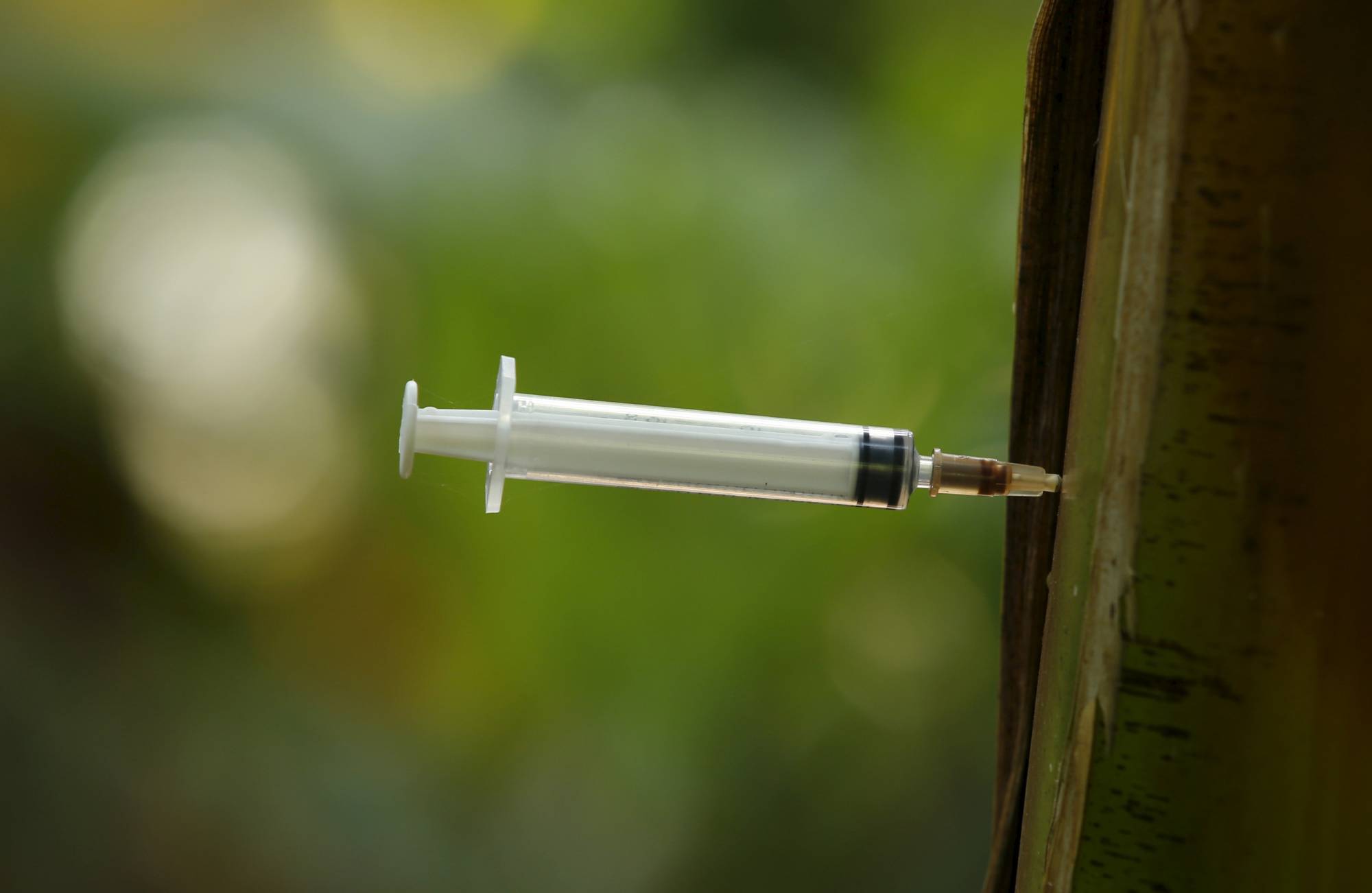Fifty years ago this week, U.S. President Richard Nixon declared that drug abuse was “public enemy number one” requiring a “tough on crime” approach in the United States and abroad.
The “war on drugs,” which expanded in parallel with the global political, military, economic and cultural hegemony of the U.S. in the post-World War II decades, has delivered the exact opposite of its own stated aims. Today we have both plant-based and synthetic production; low-scale and high-level trafficking of illicit narcotics; disproportionate sentencing and over-incarceration; violence and rights violations; and money laundering and enrichment of organized crime — all strengthened, not weakened, by repressive responses to illegal drugs.
Since 1971, every U.S. administration has reaffirmed the war on drugs approach. This policy choice has become so culturally, socially and politically embedded in our societies that political leaders feel constrained not to change it.



















With your current subscription plan you can comment on stories. However, before writing your first comment, please create a display name in the Profile section of your subscriber account page.